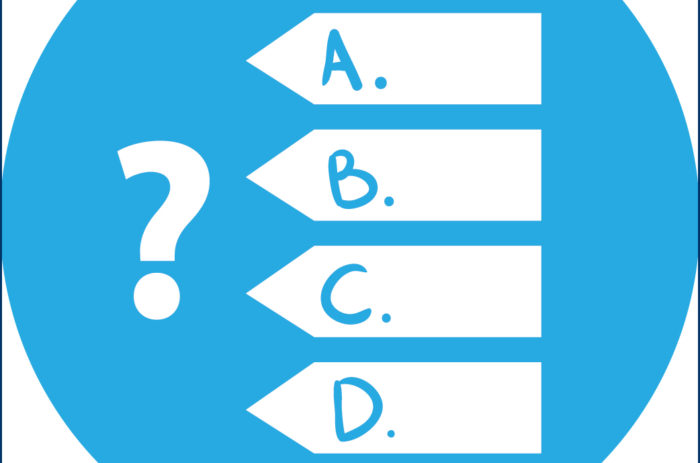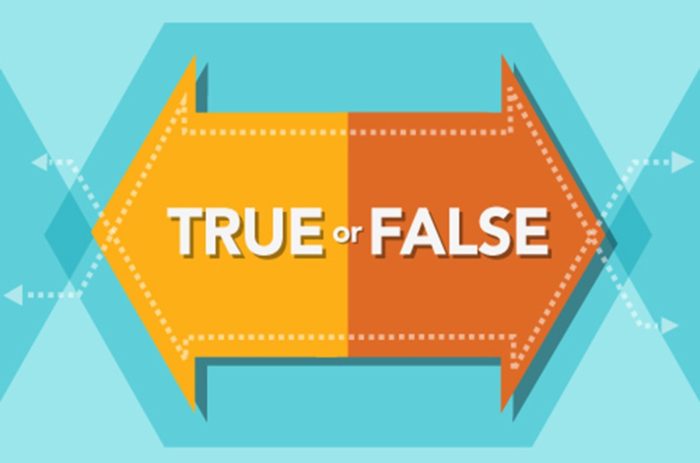Questions
1. Two Texas lawmakers and 17 border sheriffs asked Defense Secretary Panetta this week to authorize the shipment of surplus equipment being returned from the war zones in Iraq and Afghanistan to be used:
a) by ranchers on the border to protect their property
b) by federal, state and local law enforcement in their efforts to secure the border with Mexico
c) by the National Guard to engage in a war with Mexican drug cartels who operate over the border into the U.S.
d) none of the above
2. The Texas Congressmen say surplus equipment being returned from Iraq and Afghanistan that would be useful include all but:
a) night-vision goggles
b) neutron bombs
c) humvees
d) observation platforms
3. New legislation being introduced soon in Great Britain will require internet companies to install hardware enabling the Government’s security agency that monitors communications to examine on demand:
a) the detailed medical records of any resident
b) the detailed education and employment records of any citizen
c) information on any phone call, text message or email sent, and website accessed in “real time” by anyone in Great Britain
d) the amount of junk food a person consumes per week
4. British lawmakers say security officials need this law because it is essential that the police and security services have access to such data:
a) to combat terrorism and protect the public
b) as a crime deterrent – when citizens know their every move is watched, they will choose not to commit even a misdemeanor
c) to ensure the public is eating healthy food
d) to monitor the private communications of all citizens, not just suspected terrorists
5. The EPA has dropped its claim that an energy company contaminated drinking water in Texas, the third time in recent months that the agency has backtracked on its accusations linking hydraulic fracturing to _____________________.
a) water pollution
b) tornadoes
c) drought
d) earthquakes
6. A growing number of energy and environmental experts say that while fracking can cause water contamination:
a) it can be avoided by proper use of cement seals and other safety measures
b) it is impossible to prevent
c) contaminating water isn’t that bad if done in rural areas that aren’t heavily populated
d) all of the above
7. The federal student loan program began in _______________, as a way for people to borrow money to get a college degree, and repay the loan when they got a job after college.
a) 1905
b) 1945
c) 1965
d) 2005
8. The huge increase in student loan debt affects taxpayers because 80% of the loans are government-issued or guaranteed, which means if the person who took the loan as a student can’t or doesn’t repay it:
a) the college forgives their loan debt
b) his/her parents repay the loan
c) wealthy businessmen are required to pay off students’ loans
d) taxpayers are left to pay the loan off to the bank
9. Relief groups like the Red Cross are increasingly using social media to:
a) share photos of all of the great work they are doing
b) solicit donations
c) get immediate information during disasters
d) determine if a disaster merits their relief efforts
10. One of the problems for relief groups using social media is that it creates unrealistic public expectations. A Red Cross opinion poll last year showed that about a third of Americans assume that they would get help _______________________ if they asked for it on social media networks during a disaster. The Red Cross is not equipped to do this.
a) instantaneously
b) within an hour
c) within a day
d) within a week
Daily “Answers” emails are provided for Daily News Articles, Tuesday’s World Events and Friday’s News Quiz.



